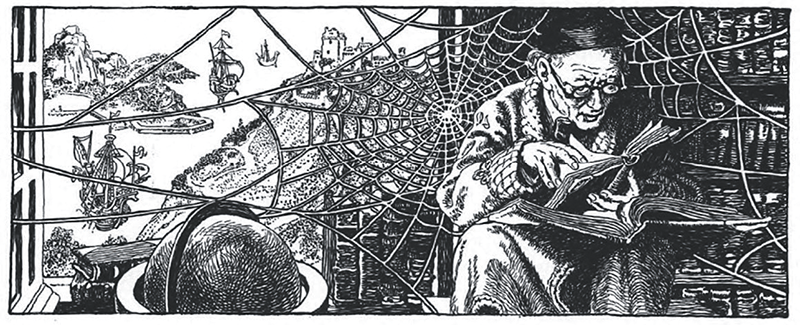All over the world thousands upon thousands of men and women pass their whole lives denouncing, instructing, commanding, cajoling, imploring their fellows. With what results? One finds it rather hard to say. Most propagandists do their work in the dark, draw bows at a venture. They write; but they don’t know how far they will succeed in influencing their readers, nor what are the best means for influencing them, nor how long their influence will last. There is, as yet, no science of propaganda.
This fact may seem the more surprising when we consider that there is something not far removed from a science of advertising. Advertisers claim to know accurately enough the potentialities and limitations of different kinds of propaganda—what you can do, for example, by mere statement and repetition; by appeals to such well-organized sentiments as snobbery and the urge toward social conformity; by playing on the animal instincts such as greed, lust, and especially fear in all its forms, from the fear of sickness and death to the fear of being ugly or absurd to one’s fellows.
If commercial propagandists know their business so well, why is it, then, that political propagandists should know theirs so badly? The answer is that the problems with which the advertisers have to deal are fundamentally unlike the problems that confront politicians and moralists—and political propagandists are also moralists; they invite their readers to repress their cravings and set limits to their egotistical impulses for the sake of some political cause which is to bring happiness in the future. Others demand no personal effort from their readers, but do demand their adherence to a cause, whose success will save the world. The first has to persuade people to do something which is on the whole disagreeable. The second has to persuade them of the correctness of a policy which, though it imposes no immediate discomforts, admittedly brings no immediate rewards.

Unlike the advertisers, then, political and social propagandists are generally quite uncertain as to the kind of effects they will be able to produce upon their readers. Propagandists themselves seldom admit this fact. Like all the rest of us, they like to insist upon their own importance. Moreover, there has been a tendency among historians and political theorists to lend support to their claims. This is not surprising. As professional writers, historians and political theorists are naturally prone to exaggerate the significance of literature.
Rich men and politicians have a fixed belief that if they can control the press they can control public opinion. They buy up newspapers, partly in order to make money, but mainly in the confident hope of being able to persuade the electorate to do what they want it to do. But in fact, they fail just as often as they succeed. Propaganda by even the greatest masters of style is as much at the mercy of circumstance as propaganda by the worst journalists. Ruskin’s diatribes against machinery and the factory system influenced only those who were in an economic position similar to his own; on those who profited by machinery and the factory system they had no influence whatsoever. That is, propaganda is most influential when it is a rationalization of the desires, sentiments, prejudices, or interests of those to whom it is addressed.
A theology or a political theory may be defined as an intellectual device for enabling people to do in cold blood things which, without the theology or the theory, they could do only in the heat of passion. The energy developed by the prevailing passions of the masses is given a direction and at the same time strengthened and made continuous. Sporadic outbursts of feeling are converted into purposive and unremitting activity. The theory may, of course, be completely absurd from a scientific point of view; but this is of no importance so long as men believe it to be true.
From “Notes on Propaganda,” which appeared in the December 1936 issue of Harper’s Magazine.






































































































